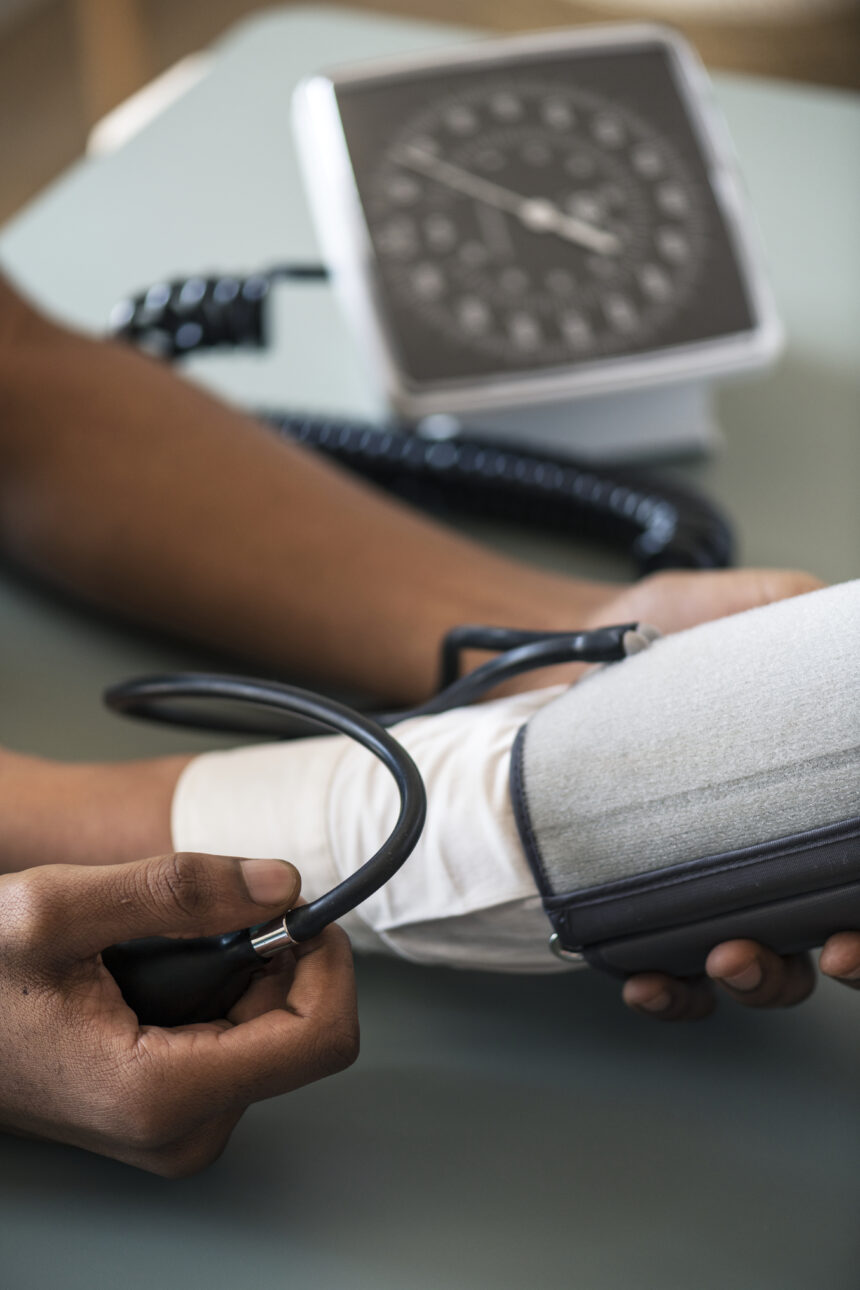Hypertension, commonly known as high blood pressure, is a significant health concern in South Africa. With a growing prevalence across the country, it poses a considerable risk to the population’s overall well-being. Addressing hypertension requires a comprehensive approach that combines lifestyle modifications and appropriate medications. By adopting healthier habits and utilizing effective pharmaceutical interventions, individuals can take control of their blood pressure and reduce the associated health risks.
Hypertension affects a large proportion of South Africans, contributing to the burden of cardiovascular diseases such as heart attacks, strokes, and kidney problems. Factors like poor diet, sedentary lifestyles, stress, and genetic predispositions play significant roles in the development of hypertension. The rising prevalence of obesity in the country further exacerbates this issue. However, by making positive changes to their daily routines, individuals can effectively manage and even prevent hypertension.
One of the most crucial steps in controlling hypertension is adopting a healthy diet. South Africans should focus on consuming a variety of fruits, vegetables, whole grains, and lean proteins while limiting their intake of processed foods, high-sodium snacks, and sugary beverages. A diet low in sodium, also known as the DASH (Dietary Approaches to Stop Hypertension) diet, has shown great effectiveness in reducing blood pressure. Additionally, reducing alcohol consumption and avoiding tobacco use can significantly improve blood pressure control.
Regular physical activity is another essential aspect of managing hypertension. Engaging in aerobic exercises such as walking, jogging, cycling, or swimming for at least 150 minutes per week can have a positive impact on blood pressure. Regular exercise helps strengthen the heart, improves blood circulation, and aids in weight management. Furthermore, it helps to reduce stress levels, contributing to overall cardiovascular health.
Stress management is crucial in the battle against hypertension. Chronic stress can lead to increased blood pressure, so finding healthy ways to cope with stress is essential. Techniques like meditation, deep breathing exercises, yoga, and engaging in hobbies can help alleviate stress and improve overall well-being. Seeking support from friends, family, or professional counselors can also be beneficial.
While lifestyle changes play a significant role in managing hypertension, medications may be necessary for some individuals. Various classes of medications are available to control blood pressure effectively. These include diuretics, ACE inhibitors, angiotensin II receptor blockers (ARBs), calcium channel blockers, and beta-blockers. The choice of medication depends on the individual’s specific condition and overall health. It is crucial for individuals with hypertension to consult with healthcare professionals who can prescribe and monitor the appropriate medications for them.
In South Africa, access to healthcare services and medications can be a challenge for some individuals. However, efforts are being made to improve accessibility and affordability of hypertension treatments. Public health initiatives, awareness campaigns, and community programs play a crucial role in educating the population about hypertension and promoting the importance of early detection and management.
In conclusion, hypertension is a significant health concern in South Africa, but it can be effectively controlled through a combination of lifestyle changes and appropriate medications. By adopting healthier eating habits, engaging in regular physical activity, managing stress, and following medical advice, individuals can take charge of their blood pressure and reduce the risk of associated cardiovascular diseases. Additionally, it is essential for the government, healthcare professionals, and community organizations to work together to improve access to healthcare services and medications, ensuring that all individuals have the resources they need to manage hypertension effectively. With a comprehensive and integrated approach, South Africa can make significant strides in controlling hypertension and improving the overall health and well-being of its population.










